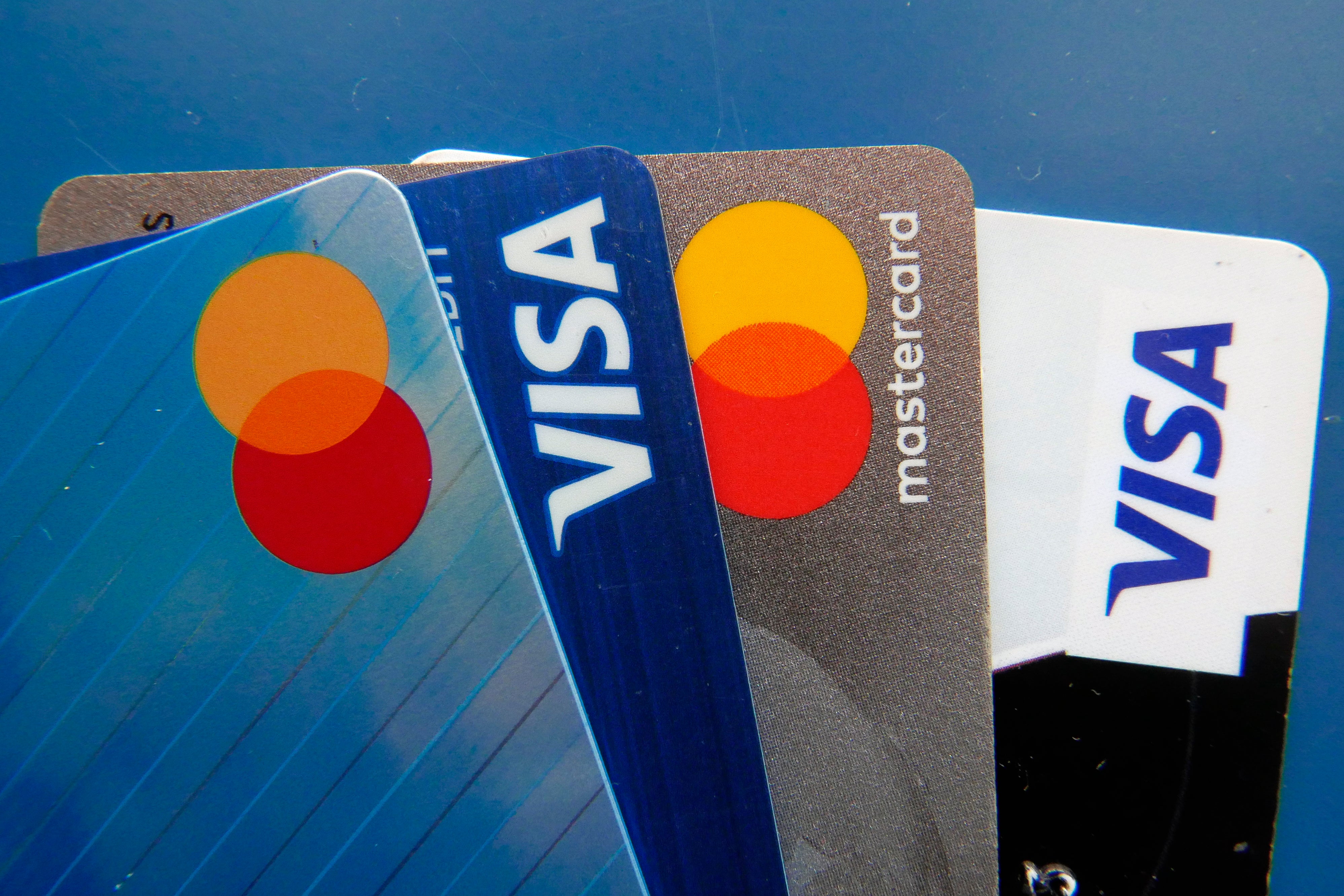Credit card debt rises at fastest rate in 17 years amid living costs crisis
UK collectively added £1.4bn in credit cards and loans during April, writes Ben Chapman


Credit card debt grew at the fastest rate in 17 years in April, as households turned to borrowing to deal with rapid price rises.
Britons racked up an extra £700m of credit card debt and a further £700m of other loans during April as borrowing grew at an annual rate of 11.6 per cent, the Bank of England reported.
It was the fastest growth since November 2005, when the UK economy was booming in the run-up to the financial crash.
This time around the rapid expansion of consumer debt comes as the economy careers towards recession with inflation at a 40-year high.
Experts warned that the latest figures showed people were using debt to try to maintain their lifestyles as prices for essential goods surge.
Overall consumer credit, which includes debt such as personal loans and car finance, grew at an annual rate of 5.7 per cent in April, up from 5.2 per cent in March.
People borrowed an additional £1.4bn in April, following £1.3bn the previous month.
It marks the third month in a row where borrowing has been higher than £1bn, the average rate in the 12 months leading up to the pandemic.
The figures are the latest to ring alarm bells about Britain’s cost of living crisis. In recent weeks separate data has shown consumer confidence plunging to a record low while visits to UK high streets remain 20 per cent below pre-pandemic levels.
Households began to feel the pinch in April when the energy price cap jumped 54 per cent just as the government pressed ahead with a much-criticised hiked national insurance contributions.
Alice Haine, personal finance analyst at investment platform Bestinvest, said: “The fear is that with inflation at 9 per cent – a 40-year-high – and soaring energy and fuel costs, the situation will only worsen as the cost-of-living crisis escalates.”
She added: “The risk is that those that take on debt now may be creating a whole host of problems for themselves further down the line when costs rise even further.”
Ms Haine continued: “To put the situation into perspective, however, it’s important to note that card borrowing is rising from a real low and this is more of a gentle upward trend than a sudden spike.
“Plus, many households are still hanging on to excess savings built up during the pandemic, so the situation is not at full crisis point yet.”
Karim Haji, head of financial services at KPMG UK, said: ”Although April was when the new energy price cap kicked in, most households wouldn’t have received their revised utility bills until the end of the month, with the real impact on spending more likely to be seen in May.
“Given the starkness of some of the data here – such as large increases in consumer borrowing – banks will have welcomed the measures announced by the chancellor last week.”
Last week, Rishi Sunak announced measures to help people with living costs, including support targeted at those who are vulnerable.
Households also ramped up deposits into their accounts in April. The net flow into bank and building society accounts, as well as NS&I (national savings and investments) accounts, in April was £6.bn, compared with an average monthly net flow of £5.bn in the 12 months leading up to February 2020.
Gabriella Dickens, senior UK economist at Pantheon Macroeconomics, said: “Real spending should rise slowly in the second half of the year as real incomes start to recover – thanks partly due to Mr Sunak’s interventions last week.”
As consumer credit expanded rapidly, mortgage borrowing fell sharply from £6.4bn in March to £4.1bn in April. The number of mortgage approvals fell to 66,000 in April, from 69,500 in March.
This was slightly below the 12-month pre-pandemic average up to February 2020 of 66,700.
Approvals for remortgaging also decreased, to 47,800 in April. This was also below the 12-month pre-pandemic average up to February 2020 of 49,500.






Join our commenting forum
Join thought-provoking conversations, follow other Independent readers and see their replies
0Comments